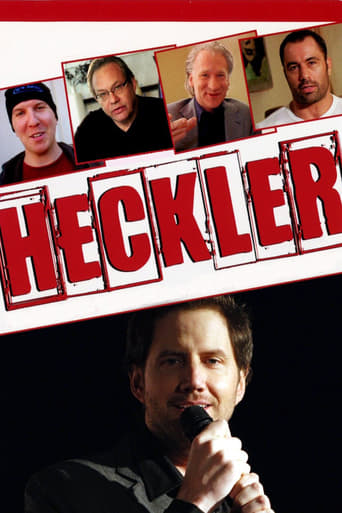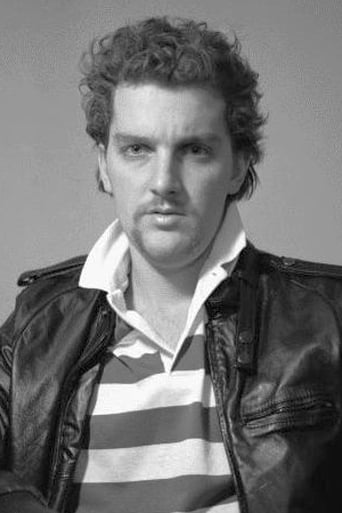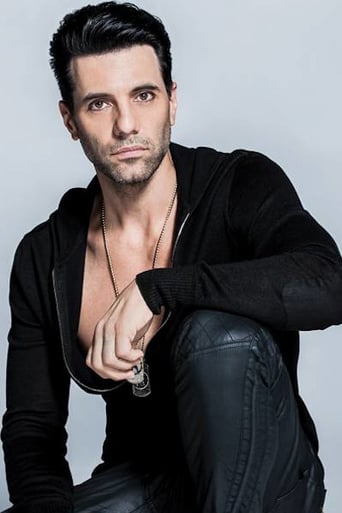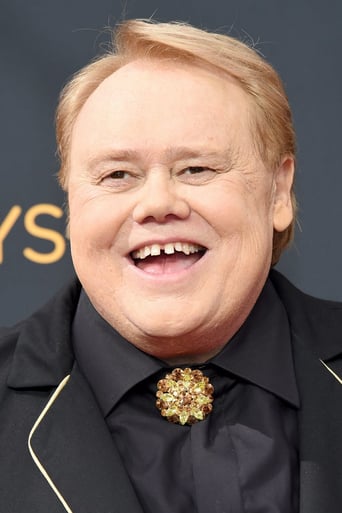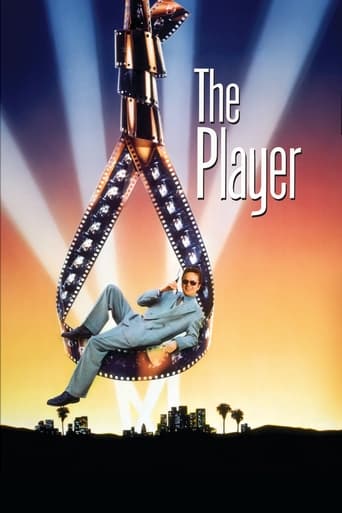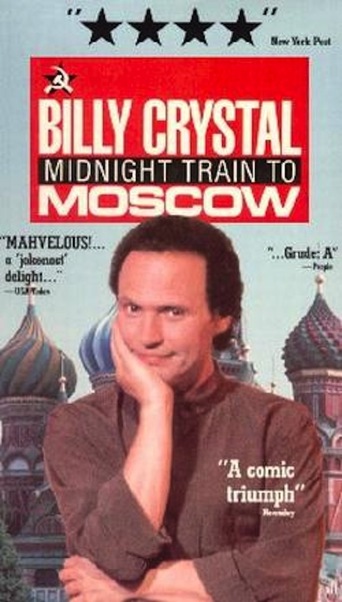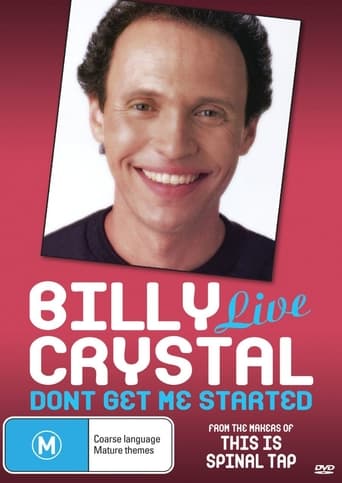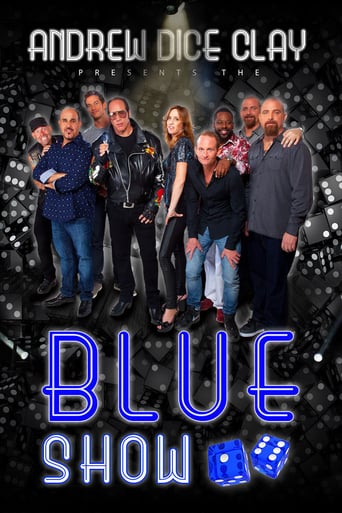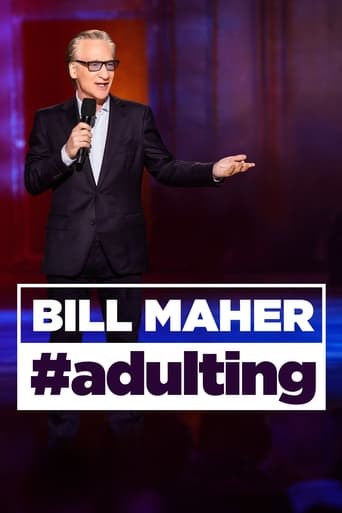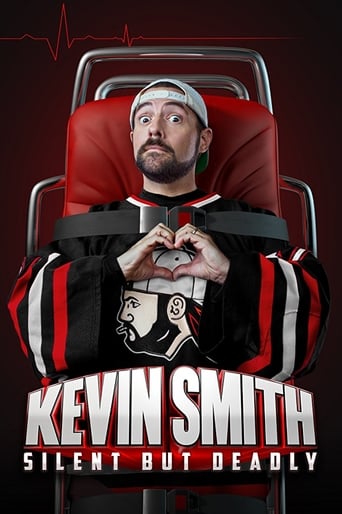Heckler (2007)
HECKLER is a comedic feature documentary exploring the increasingly critical world we live in. After starring in a film that was critically bashed, Jamie Kennedy takes on hecklers and critics and ask some interesting questions of people such as George Lucas, Bill Maher, Mike Ditka, Rob Zombie, Howie Mandel and many more. This fast moving, hilarious documentary pulls no punches as you see an uncensored look at just how nasty and mean the fight is between those in the spotlight and those in the dark.
Watch Trailer
Cast


Similar titles
Reviews
You won't be disappointed!
Yawn. Poorly Filmed Snooze Fest.
best movie i've ever seen.
Pretty good movie overall. First half was nothing special but it got better as it went along.
The film begins by focusing on hecklers, as the term is generally used: people who attend live performances, like a stand-up comedy show, and attempt to interrupt the performers and shift the attention to themselves. I think an overwhelming amount of the public will agree that those people are annoying and in the wrong. Nobody is there to see the heckler. If you don't enjoy the performance, don't clap, don't smile, or simply leave but don't interrupt everyone else's experience. Live-performance hecklers are like the ugly girl who CBs her friends at a party because nobody's talking to her. I enjoy seeing good comedians rip those people apart and here's a secret: the guy with the mic will usually win that battle.The brunt of this documentary, however, focuses on extending the term "heckler" to critics in general, including movie reviewers. To that end, Kennedy confronts people who have written scathing reviews about him, effectively demonstrating that they focus more on creatively bashing him than actually explaining why they don't like his projects or offering constructive criticism. He also points out that many of these individuals appear to be people whom you probably wouldn't want to have a conversation with, let alone take movie advice from them.Several of the performers interviewed make the point that most critics haven't ever produced a successful piece of performance art themselves. I respect that argument for the concept that reviewers should be sensitive to the fact that producing creative material is not easy. However, I would counter that I don't need to be a chef to tell you that something doesn't taste good to me. I may not have a "refined palate," but for people who like the kind of movies I like, like the way I think, or otherwise relate to me, my opinion may actually be useful, despite whether the Academy of Motion Picture Arts and Sciences agrees with me. I mean, who the hell makes up AMPAS anyway? Google it. It's pretty interesting.Kennedy and his diverse cast of performers also discuss how the internet has empowered a slew of people to take cheap shots at artists from the safety of anonymity. He compares the internet to a big bathroom wall, where anyone can just write whatever they want. I agree that it's much easier to rip someone mercilessly when you don't have to face them. On the other hand, as some of the cast acknowledged, a review that actually intelligently identifies what the critic sees as flaws in the performance can be a very valuable learning tool for the artist. Kennedy just ponders why you'd have to be a jerk about it.Personally, I like the fact that we no longer have to rely on a select group of "published" individuals to tell us what's good and what isn't. A site like Rotten Tomatoes is very useful because it aggregates the opinions of critics as a percentage of likes versus dislikes, and distinguishes them from the opinion of the site users at large. It's a good starting point for determining whether you want to spend your valuable time watching a particular movie but if you trust the opinion of a particular person, because you relate to him or her in some way, or because they have a good track record of recommendations, that can be even more useful. We at Live from the ManCave (www.livemancave.com) hope to be those reviewers for you, and we're thankful that the internet allows us to bypass all of the obstacles to voicing our opinions that existed just a couple of decades ago.Moreover, the same medium that allows anybody to voice their opinion about art also allows any aspiring artist to bypass the old obstacles to publishing their art. For example, before the internet, talented artists had to court the attention of A&Rs to get people to listen to their material. A select group of people decided what music the public at large got to hear, and if one of them wasn't having a good day, your song might get tossed before the first beat of the first track reached a speaker. Nowadays, you can post your song directly to a social media site and let the people determine for themselves whether they like it. "Shares" and "Likes" are easy to count. A&Rs can't ignore someone with a million Twitter followers.The film also acknowledges that artists ultimately control how criticism affects them. The point is driven home that artists are people, and like any individuals who throw maximum effort and hope into their projects, their feelings are going to be hurt when that project is negatively reviewed. However, as many of the interviewed performers state, artists have to acknowledge the intelligent criticism, discard the useless insults, be strong enough to brush negativity off their shoulders, and keep doing what they love with maximum effort. It may not be easy to do, but it's what you have to do if you want to be successful. Once the critics sense a particular weakness or sensitivity, the sharks will come feasting for blood, and it won't get any easier, as Kanye West has discovered the hard way.Regardless of on what side of the foregoing controversy your opinion falls, this documentary does a good job of highlighting the issues in an entertaining way, and provoking thoughtful conversation on the subject. The film is well-edited, fast-paced, and generally interesting. While it definitely seems to be biased against the hecklers and critics, some of the interviews are not always a clear-cut win for Kennedy. The documentary appears to be kind of tongue-in-cheek, as Kennedy often acts sensitive and whiny when receiving criticism, but the film is also edited as to poke fun at him. In the end, you realize that he gets it. Don't be hatin'.
I went into this movie expecting an 80 minute documentary on hecklers. Instead, what I got was a documentary that talked about hecklers for 30 minutes, and spent the rest of the time talking about critics.The first half was, despite none of the comedians making me laugh, interesting. It gave insight on why a heckler does what they do. It also gave a pretty good look at how the comedians could, sometimes, be in the wrong. (Hitting them with a guitar? That definitely was a little too far.)Then, around the 35 minute mark (or so), the focus shifted to "other types of hecklers" - critics. First off, I don't think anybody really cares about critics. I mean, I've often wondered why a heckler would do such a thing, but I always assumed (most) critics were just crabby ***holes. And you what the movie did? It just confirmed it for 40 minutes straight.Second off, why did they stop talking about hecklers? It was interesting enough. If they couldn't come up with any other things to say about hecklers, then maybe they should've ended it at this point.Third off, the whole critic segment seemed like hippie crap to me. Yeah, yeah, they said "constructive criticism," but I still got the idea that these people just don't want to hear anything negative. Especially Jamie Kennedy. Why on Earth did he think Son Of The Mask was "pushing the envelope," or however he put it? Because there was a talking baby? Okay, I haven't actually seen Son Of The Mask, but the trailers are clearly making it out to be what I thought it would be - a brainless comedy. Plus, when these critics gave him reasons - albeit unspecific ones - all he resorted to was asking them about when the last time they had sex was. What does that have to do with why they don't like your act?Overall, I would suggest the part that is actually about the title group of people. When they start talking about critics, don't bother. Except maybe for Henry Winkler's take on things.
This brought back many memories from a past career in standup. Unlike Jamie, I was not able to get past criticism for the sake of jealous individuals or people not with the guts to give it a real try to feel better about themselves. It is fair to be able to face your critics and have them explain why they feel compelled to go beyond criticism of the work and demonize your existence. No one forced Jamie to be in the spotlight. No one asked you to sit in the darkness in anonymity and focus your own bloated self-righteousness on those who do put themselves out there. Whether it is appropriate to put this confrontation in he public view is a worthy discussion, but to call it whiny to discuss the horrible feeling of having your art... and yes it is art... to be disrespected as such is not. If I deleted bloggers' user accounts before they could finish a post, they might understand what it is to be in the spotlight facing down a critic or heckler.
This documentary is a lot of fun, mainly because Kennedy spends a lot of time interviewing interesting people and funny comedians. Not surprisingly, the comedians often have the most incisive, trenchant observations--often cloaked behind vulgarities or inanities.Where the film goes awry is in its conflation of heckler with critic. As a teacher, I can understand the destructive nature of a heckler. There is no benefit in having a student make a smart alec comment while I'm trying to make a point. If the "heckler" truly wishes to help me, then he can come to me after class and offer a suggestion. I think the analogy holds with comedians--although my students aren't normally drunk! A critic, in contrast to a heckler, is not interrupting the show. He is assessing the show/performance/movie/music/etc. after the fact. Admittedly some critics can be jerks, but good criticism should work to make art better by defining the art and helping us to understand it deeper. (As a fan of Roger Ebert, I can attest that he does this for me.) Besides, many of us enjoy reading criticism almost as much as we enjoy the actual art. (In other words, any criticism Jamie Kennedy has against criticism can be turned against him: If you don't like my show, don't attend it. If you don't like my criticism, don't read it.) One thing I think Kennedy fails to understand is that average people don't see a distinction between stars and characters. Jim Carrey is a real person, yes, but I don't know him and never will. To me he is as much a distant character as Ace Ventura. If I make a snide remark about how Carrey's career is on the wane and he deserves an early retirement before he can do any more damage, I don't mean this personally because I don't know him personally! There are several good books about "para-relationships" that people have with stars. Kennedy seems to think that we should relate to him the same way we relate to our roommate or our next door neighbor.And that's my final problem: There is some hypocrisy here. Kennedy seems to be asking for sympathy for himself and his fellow comics: Hey, y'all, we're just people with feelings! But how many comics make a name ripping to shreds women, or Paris Hilton, or conservative Christians, or George W. Bush, or Bill Clinton? So it's okay to laugh these people to scorn, but please, oh please, be nice to me? As they say where I'm from: Don't play with the bull if you don't want the horns.

